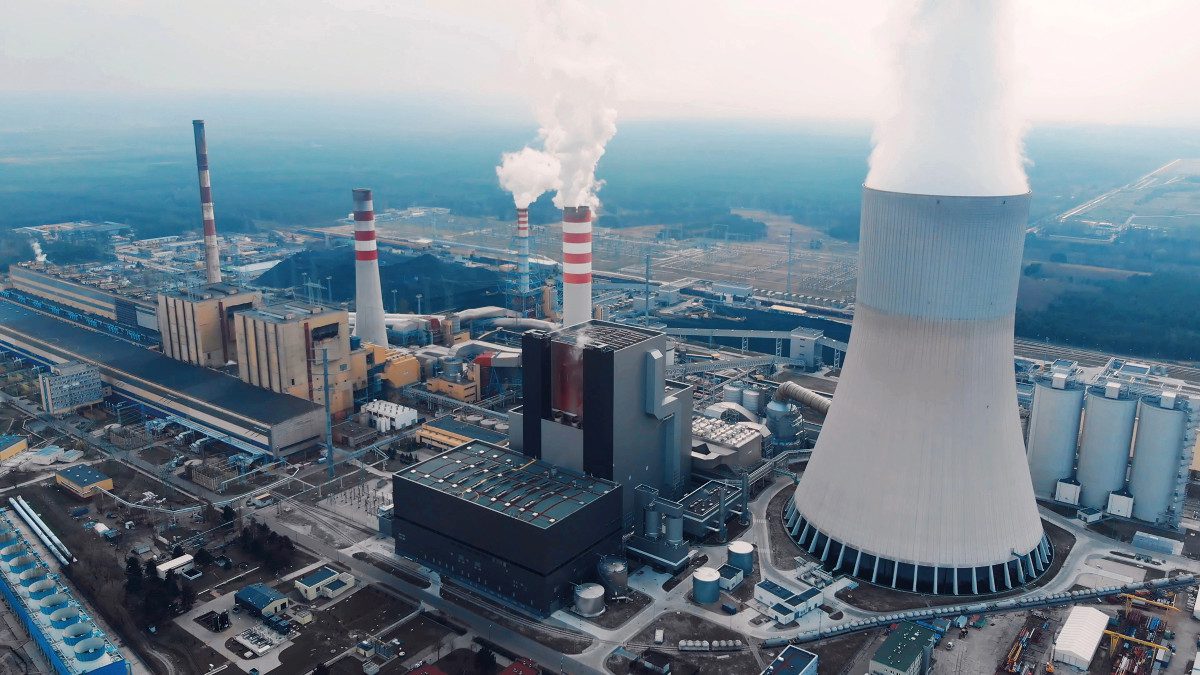
The EU looks ready to enforce new regulations aimed at curbing methane emissions in the energy sector, for the first time.
On 15 November, the European Council and Parliament reached a provisional political agreement on a regulation aimed at tracking and reducing methane emissions in the energy sector. The accord fits within the broader ‘Fit for 55’ package, a set of directives and standards that aim to lower emissions (the title refers to the EU’s goal of reducing GHG emissions by at least 55% by the year 2030 compared to 1990 levels).
The regulation targets the oil, gas, and coal sectors, imposing new requirements for measuring, reporting, and verifying methane emissions. It also mandates the implementation of mitigation measures to prevent emissions, including the detection and repair of leaks, and restrictions on venting and flaring.
The regulation also proposes global monitoring tools to ensure transparency regarding methane emissions from imports of oil, gas, and coal into the EU.
Specific deadlines and frequencies for monitoring, reporting, and inspections have been agreed upon. Operators must submit reports on methane emissions within specified time frames, and mine operators are required to provide yearly data for operating mines.
Competent authorities will conduct periodic inspections to ensure compliance with the regulation’s requirements. The first inspection must occur within 21 months of the regulation’s entry into force.
The agreement outlines leak detection and repair surveys to identify and address methane leaks. It introduces a risk-based approach and allows the use of advanced technology systems under specific conditions.
The regulation establishes three implementation phases for imported emissions, focusing on data collection, creating a global monitoring tool, and implementing equivalent measures by exporters to the EU. Penalties may be imposed for non-compliance.
Member states are required to maintain an inventory of all wells, with proof of no methane emissions for permanently plugged and abandoned wells. Mitigation plans for inactive wells and regulations for closed or abandoned coal mines are also addressed.
The provisional agreement is pending formal adoption by both the European Parliament and the European Council.







